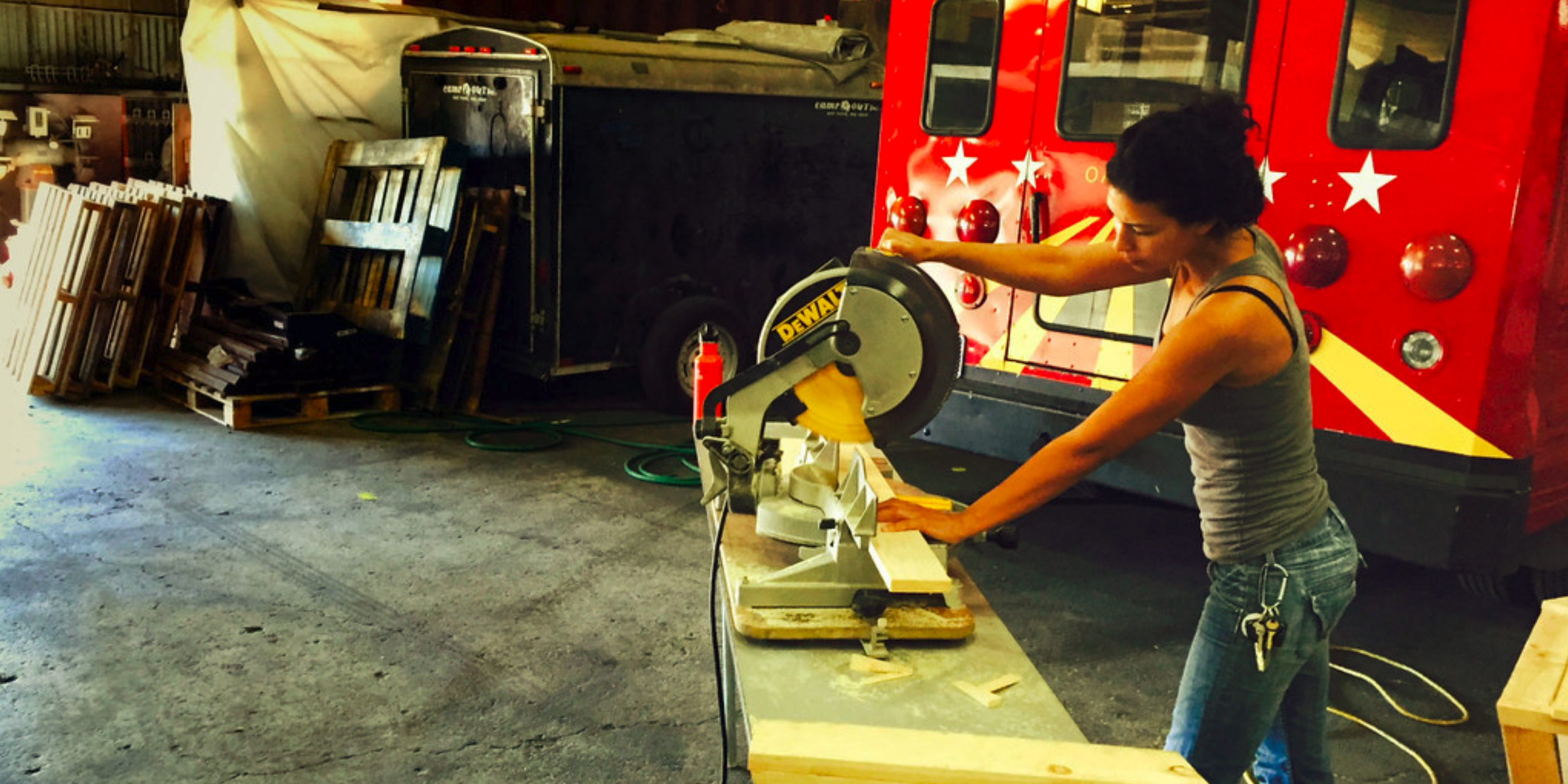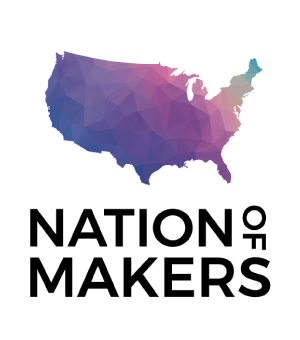
America has always been a nation of makers - problem solvers, innovators, inventors, craftspeople, and entrepreneurs.
Making the Case for Investing in
Maker Approaches
With the greater availability of low-cost tools and digital fabrication technologies, such as 3D printing, desktop milling machines and microcontrollers, Americans now have greater capacity to prototype and develop solutions and products. Across the U.S., there are more than 2,000 makerspaces and Fab Labs in communities, schools, libraries and museums where people, of all ages and backgrounds, with broad and diverse skill sets, are coming together to access tools, technologies, and equipment. These environments foster collaboration on projects, skill sharing, and education and training. The communities they serve can test product ideas, launch new businesses, and develop innovative approaches to solving pressing problems.
The maker approach:
Champions an agile, creative, open-source mindset empowered by new technologies and toolsets
Helps drive the creation of new local manufacturing businesses
Shows a new capacity for local resilience and emergency response
Spurs a greater interest in and engagement with STEM (and STEAM) education with a more diverse population.
Therefore, investment in makerspaces and programs is critical for U.S. global competitiveness and domestic priorities. This includes economic development and innovation, workforce development and education, and environmental sustainability.
Maker Approaches that Deliver
Click to read case studies, and learn more about the profound impact that makers are having in these sectors




